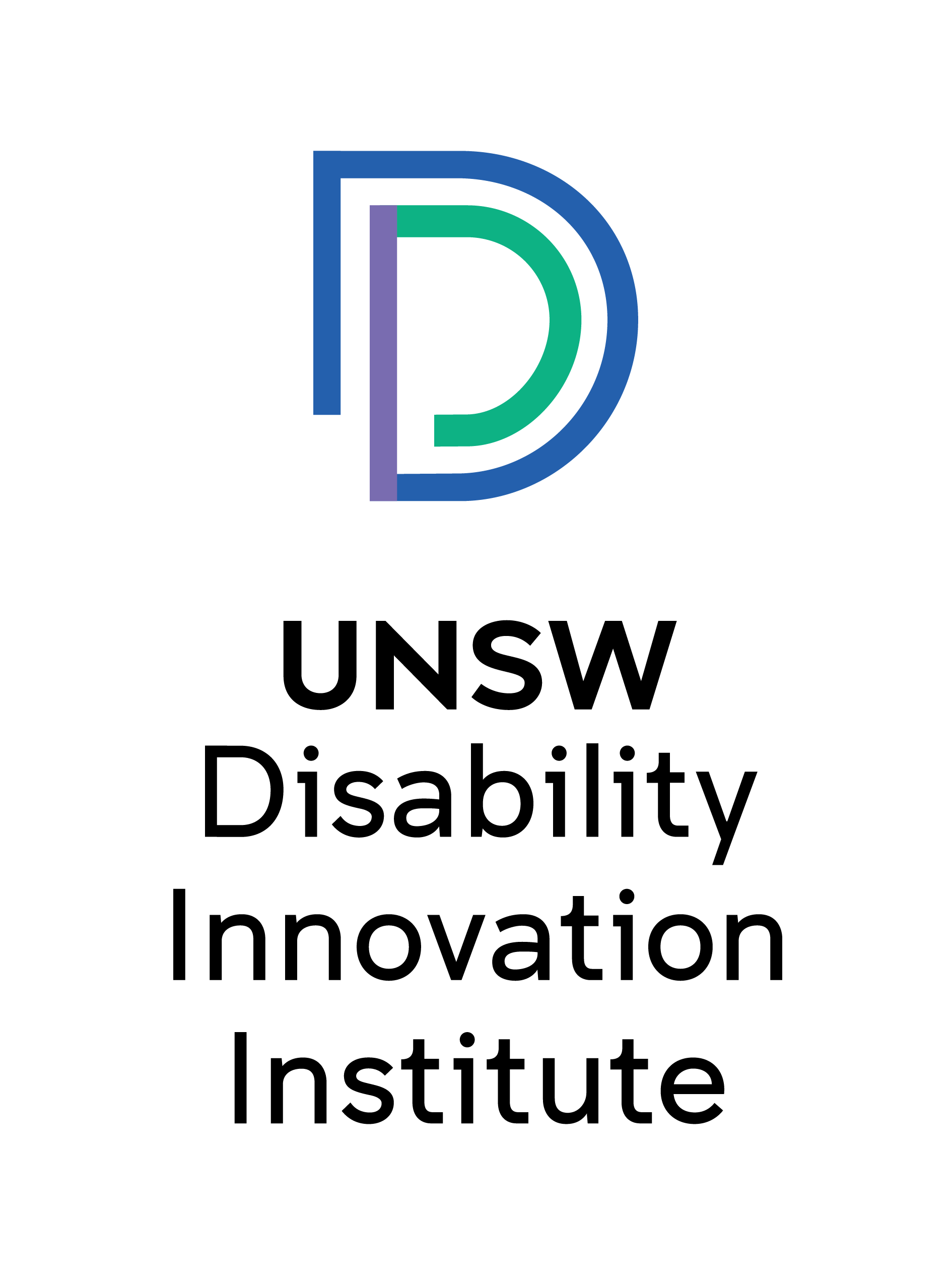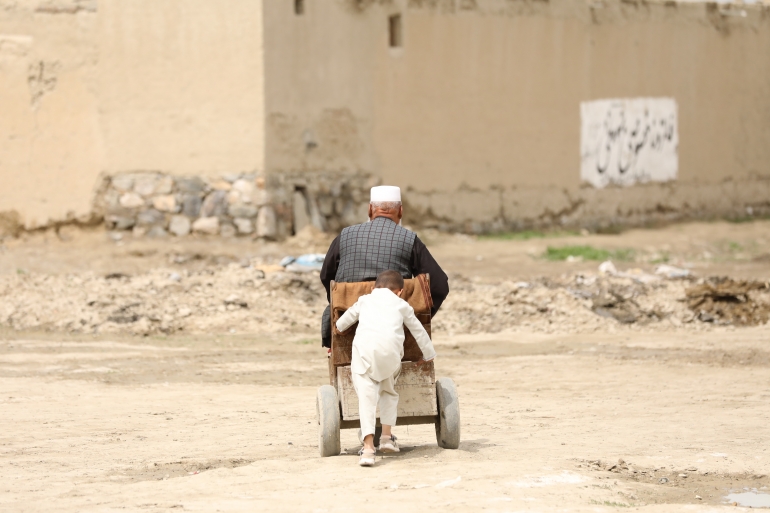The UNSW Disability Innovation Institute joins with a number of international disabled people's organisations to express concern about people with disability in Afghanistan.
Over the past month we've been gripped by the exploding crisis in Afghanistan, as US forces have withdrawn and the Taliban has rapidly taken control. There has been international concern over what the future holds under the new regime for all Afghan people, but particularly for women and girls, and other groups to which the Taliban is hostile, such as LGBT citizens.
People with disabilities are certain to be badly affected. There are several reasons for this. As all the available evidence shows, people with disability are disproportionately likely to be harmed in any situations of conflict and civil emergency. In the immediate phase of a serious threat, as we've seen in our news media, people will run to safety – if they can – and disability makes escape harder. Those who have mobility impairments or who use various kinds of assistive devices may be simply unable to move without help; as recently as June this year the organisation Human Rights Watch reported that "a key challenge for escaping hostilities is the absence of assistive devices such as wheelchairs, prostheses, crutches, or hearing aids." People with visual impairments may be separated from family members or friends who could help navigate unfamiliar settings or fill out forms, while hearing impairments or intellectual disability can make it impossible to follow warnings about dangerous situations. Researchers have uncovered tragic stories where disabled and older people have been left behind, by accident or their own choice, to avoid jeopardising their families' escape.
Afghanistan is a country that already has one of the world's highest proportions of people with both physical and mental disabilities, the result of past decades of trauma. The country has ratified the United Nations Convention on the Rights of Persons with Disabilities, yet Afghan people with disability continue to face high levels of marginalisation and stigma due to cultural as well as economic factors. We also know that problems of exclusion and discrimination are massively compounded when disability intersects with gender. In an earlier report, Human Rights Watch documented that Afghan women and girls with disabilities are markedly less likely to get any kind of education, health care, or be employed, and are often stigmatised within their families as being unmarriageable. They face increased risk of violence and sexual harassment inside and outside the home. These are all systemic ways in which people with disability are 'made vulnerable.'
Even under 'normal' circumstances the existing health and disability services, mostly provided by locally based NGOs, are too poorly resourced to meet the demand. Against the background of Afghanistan's many desperate needs, disability has simply not been a high priorirty for either the Afghan Government or international donors, and of course existing health services have come under extra pressure from the COVID-19 pandemic. When the current crisis has passed, support may be inaccessible because infrastructure has been destroyed, curfews are imposed, or key personnel are missing. The aftermath is likely to be long-lasting disruption to any disability supports. A colleague who works in the field told me, "There are incredible NGOs but many have fled and it's uncertain what's going to happen to them. Also it's not certain either whether women NGO workers will even be allowed to work with such organisations any more... I'm sorry to write so bleakly."
The situation in Afghanistan may stabilise soon, but the reality is that it is likely to remain very concerning for the foreseeable future. It is vital that the international community keeps in mind the unique difficulties and dangers that people with disability, especially women and girls, continue to face. Many countries, including Australia, place additional barriers to refugees with physical or mental impairments seeking to resettle, yet these are precisely the people most at risk. Although the situation seems dire, we can demand a more compassionate policy towards refugees with disability and, when some stability returns, support NGOs working to improve the lives of people with disability in Afghanistan.
Photo by Sohaib Ghyasi on Unsplash


